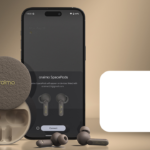Mobile App Development Languages, Gone are the days when developers were limited to a single codebase for iOS and Android apps. This guide aims to explore the diverse options available, helping you navigate through the complexities of selecting the right language for your mobile app project.
Understanding Mobile App Development
Types of Mobile Apps
Before delving into programming languages, it’s essential to understand the different types of mobile app development. Broadly speaking, mobile apps fall into three categories.
Native Apps
Native apps are tailored for specific operating systems like iOS or Android, offering high customization and leveraging native device components. Mobile web apps are not mobile apps, they are websites that are designed to look and function like native apps.
Hybrid Apps
Hybrid apps utilize a single codebase for cross-platform development, striking a balance between development speed and flexibility. Hybrid apps can use several features of the device they are installed on.
PWA Apps
Progressive Web Apps (PWAs) offer app-like experiences within a web browser, bridging the gap between web and mobile applications.
Exploring Programming Languages
iOS Programming Languages
The iOS platform was created by Apple. If you develop an iOS app, it will work across the Apple ecosystem like iPhones and iPads. Apps built using an iOS programming language can be made available on the Apple App Store for users to download.
Objective-C
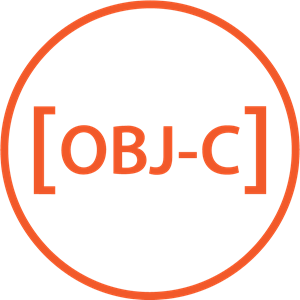
Objective-C, Apple’s original programming language, provides the foundation for iOS app development but comes with a steep learning curve. The language isn’t very developer-friendly. One of the drawbacks is that the syntax feels clunky, and the square brackets can be tough to debug.
Swift
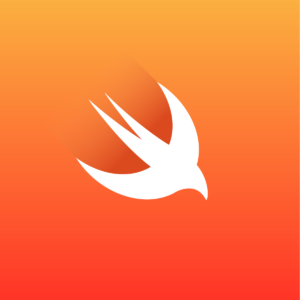
Swift, introduced in 2014, has gained popularity for its simplicity and efficiency, making it the preferred choice for modern iOS development. Compared to Objective-C and other programming languages, Swift is easier and more compact. Any Apple developer who already knows how to build with Objective-C shouldn’t have any issues switching to Swift.
Android Programming Languages
Android is an open-source software development platform run by Google. While Google has its mobile device options for phones and tablets, other manufacturers, like Samsung, Huawei, Microsoft, and more also produce phones and tablets that are powered by the Android OS.
Java
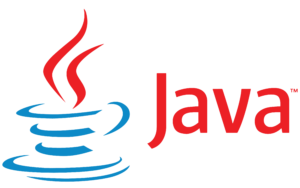
Java has long been the standard language for Android app development, offering robust capabilities and extensive community support. While Java has its fair share of faults, it’s still the most popular language for Android development since it runs on a virtual machine. As an object-oriented option for mobile development, Java is commonly used to develop Android apps.
Kotlin
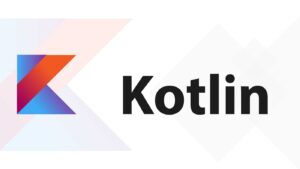
Kotlin, endorsed by Google in 2017, offers a more concise and expressive alternative to Java, seamlessly interoperating with existing codebases. Kotlin and Java are interoperable, meaning they can make use of the same information. All of your Java libraries can be accessed with Kotlin. From an execution standpoint, the Kotlin language complies with Java Bytecode. Overall, it’s considered a neater and cleaner version of Java.
Hybrid Programming Languages
Hybrid applications are developed once, a single development will work for both iOS and Android. Although some hybrid languages extend their functionality to other platforms, like progressive web apps (PWA) or mobile web apps. This is nice to have for those of you moving into a more web-friendly environment.
C#
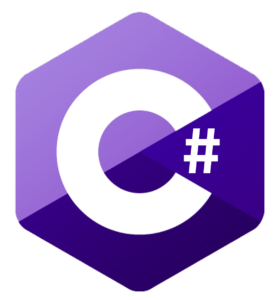
C# provides a familiar syntax for developers, enabling cross-platform development through frameworks like Xamarin. Other low-code types of alternatives like OutSystems and Kony have an SDK that can be used with different languages, not just one. Other languages for mobile app development use system programming language with syntax similar to C#.
React Native
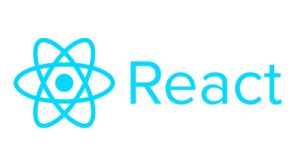
React Native empowers developers to build mobile apps using JavaScript, leveraging pre-built native components for efficient UI development, collecting data, and retrieving data so you can present it to the user.
PWA Programming Languages
Progressive web apps offer app-like functions from a mobile site. It’s a fast and reliable alternative to traditional mobile websites. Unlike a website, web applications can operate offline, and access native device capabilities (like camera, GPS, etc.).
Ruby

Ruby offers simplicity and versatility, ideal for building PWAs with ease. The language has been around since 1990 and continues to be a favorite in the development community today.
Python
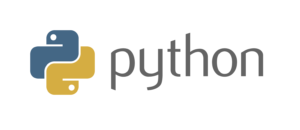
Python, known for its readability and scalability, serves as a powerful option for PWA development. In addition to PWAs, Python is commonly used for data analytics, data visualization, websites, task automation, and other types of software.
JavaScript
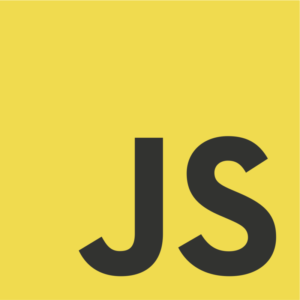
JavaScript, coupled with HTML and CSS, provides a flexible foundation for creating PWAs, especially for developers with web development experience. Compared to other options for PWA, this has a lower barrier to entry for those of you who have some basic technical knowledge and coding experience. But it’s not quite as flexible as Ruby or Python for PWA.
Choosing the Right Language
Selecting the best programming language depends on various factors such as app complexity, budget, and target audience. Native languages offer unparalleled performance but require significant investment, while hybrid and PWA options provide a balance between efficiency and versatility.
You just need to find out what’s best for you, your business, and your goals.
What type of application are you building? What does the application need? Where do you want to put the most effort? Do you want to develop it once or multiple times? What mobile device will the end-user be on? Are you building for multiple platforms?
Conclusion
There is no right or wrong answer to what programming language you should learn or what framework you should invest in. The best programming languages for me and my mobile apps might not be the best for you and your app development scenario. All of the options listed in this guide are good and valid choices to consider. They each have pros and cons. There are even additional programming languages for mobile app development, like Python for server-side programming, and more.



